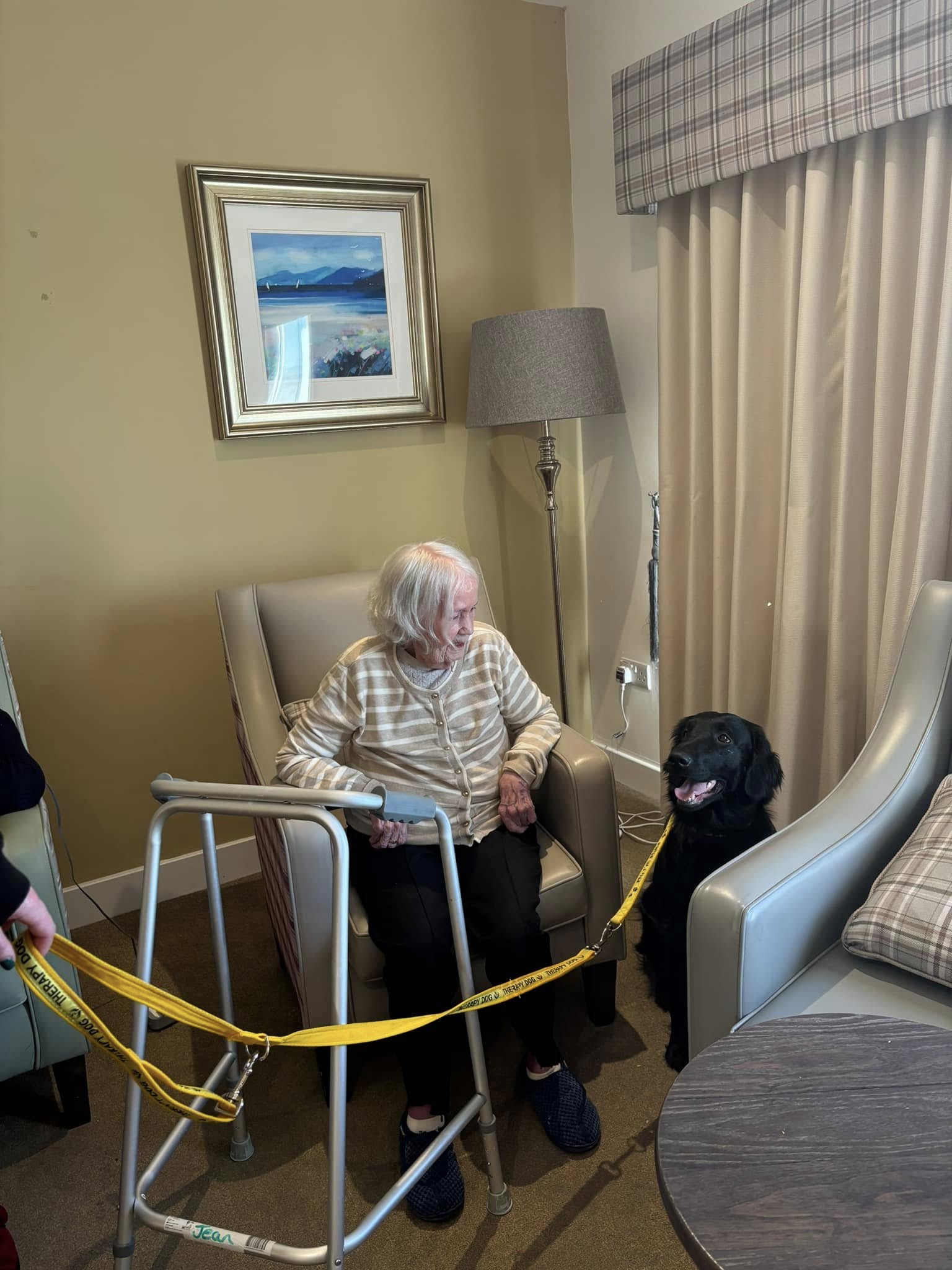The Role of a Nurse

A career path that many young people aspire to be when they grow older is a Nurse, due to its association with caring for people and playing a critical role in making them better. According to UCAS, 2021 saw a record number of people applying to study nursing and midwifery council courses, but what does the process of becoming a Nurse actually look like? Below we look at the requirements needed to become a nurse and provide an insight into what it actually means to be a nurse and the stepping stone to get to the end goal of becoming a registered nurse in the UK.
How to Become a Nurse
Individuals are advocated for and supported during times when their health isn’t as good as it once was, or times when sickness is at its most unavoidable. The primary role of a Nurse is to put the public health needs of those who need help first. There are many different fields of nursing, and the NHS categorise these as the following; Mental Health Nurse, Learning Disability Nurse, Adult Nurse, Children's Nurse, and Nursing Associate - a new role that explores all four areas in order to progress to a Registered Nurse.
What Qualifications Do You Need to Be a Nurse?
To get a adult nursing job, you must have a nursing degree and be registered with the Nursing and Midwifery Council (NMC). You must select one of the four nursing specialities (adult, children, mental health, or learning disability) to study before you choose one to specialise in to complete your nursing course or nurse degree apprenticeship. One of our incredible nurses here at Kingsacre, Diana, told us that her “background as a care assistant enabled [her] to gain key skills [she] needed which allowed [her] to train as a mental health nurse”. This goes to show that as well as obtaining the necessary entry requirements and having relevant experience also can be a stepping stone in going a long way.
What Skills Do You Need to Be a Nurse?
Whilst education and qualifications play a crucial role in helping obtain a job as a Nurse, the nature of the role requires a wide range of soft skills, such as good communication skills all to help provide emotional support patients. When talking with one of our talented nurses, Lynn, she told us “I like to work in the Care Home sector because I like to help other [members] of the older population. The residents are wonderful and have interesting stories.” She went on to say that she likes to “help and promote independence”, and knowing that she can “help make a difference to someone’s life”.
Having these communicational skills allows you to connect deeply with the patient and their family, which is something that is absolutely invaluable to the caring process. There’s only so much that technical information and medical know-how can do, and that’s why soft skills and being able to listen and understand is so very crucial. One thing about nursing is the rewarding nature of it, and it’s easy to comprehend that you get out of it exactly what you put into it. Our nurse Diana told us that as she’s “a naturally caring person”, she felt “satisfied caring for individuals and making a difference in [our] residents’ needs and [their] families equally”.
Being a Nurse in a Hospital vs. a Care Home
There are many areas of nursing and general patient care that will differ depending on where it is that you’re practising. No matter which healthcare facility you decide to practice nursing care in, there will always be certain ways of doing things that vary from establishment to establishment, and certain rules and regulations you’ll be expected to follow. Diana, one of our Mental Health Nurses at Kingsacre, told us that the “healthcare environment is ever-changing and dynamic” and that “no day is the same”. Whether you work in a hospital or in a care home, the ability to think on one’s feet and learn quickly is one that’s essential.
What is the Role of a Nurse in a Hospital?
Nurses plan and deliver medical and personal care to patients suffering from severe or sudden physical or mental illness in hospitals. A nurse who works in a hospital must have a loving and sensitive temperament, as well as the ability to deal with intense emotional and stressful situations. As a nurse in a hospital, the challenges faced will be incredibly varied and not often what you’d expect. The nurse's main priority is always the patient, an element that is of course very similar to nursing within a care home.
The nurse's responsibility is to constantly put the patient's best interests at the forefront of every single step and action they put in place. A huge emphasis should always be placed on safeguarding the patient's dignity during treatment and care. This may involve making recommendations in patient care plans in consultation with other health experts. This is especially crucial because some people who are ill, no matter their age, are unable to recognize certain medical circumstances and respond appropriately. The nurse's responsibility is to always support the patient and protect the patient's best interests, especially during the admission and discharge process.
What is the Role of a Nurse in a Care Home
One of our incredibly skilled nurses at Kingsacre, Jessy, told us the following: “I feel comfortable and it feels like home. It is an incredibly sociable job. It’s flexible work, and it’s very family and friend-oriented. Caring for elderly people is incredibly rewarding.” One thing that makes working as a nurse in a care home as opposed to a hospital different is the types of care you’re expected to deliver. Nurses who work for elderly residents are trained to recognise and treat their often incredibly complicated physical and mental health requirements on a full-time basis and figure out the best way to ensure that our residents continue to be as strong and as independent as they should be.
Nurses who work in nursing homes should love working with the elderly and must find a sense of joy in supporting older people throughout one of the most challenging times of their lives. They must be patient, be able to listen carefully and balance their patients' needs with occasionally opposing requests from family members and friends. The pace at which life moves within a care home and a hospital is just another one of the things that set these roles so far apart from one another. When working in a care home in a Nursing role, one is expected to be gentle and help all residents with their day-to-day routines. Care home nursing is less about “mending” and more about “maintaining” the health and well-being of every single resident.
Nursing at Kingsacre Care Home in Clydebank
We offer comprehensive Residential, Nursing, Dementia and Respite Care at our care home in Clydebank. Nursing care is regarded as the best option for people who are suffering from long-term health issues and who have high dependency needs. We provide only the highest standards of 24-hour assistance for every single resident who requires nursing care at Kingsacre Care Home. Our nursing home also provides residential care, dementia care, palliative care and respite care. If you are interested in any of the care services we offer, please contact us at 0141 473 5500, or feel free to email us at enquiries@kingsacrecare.co.uk today, and a member of our team will be delighted to assist you.





